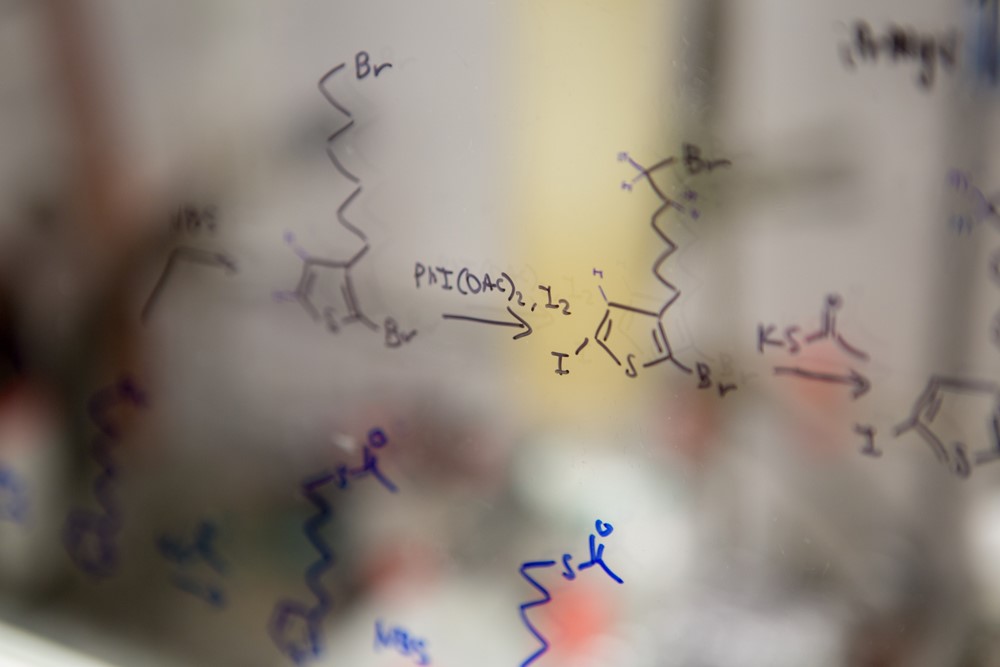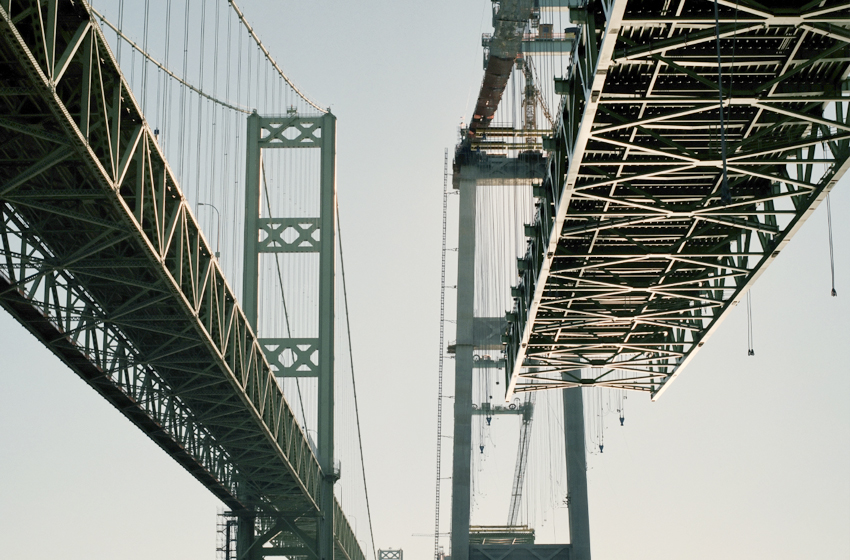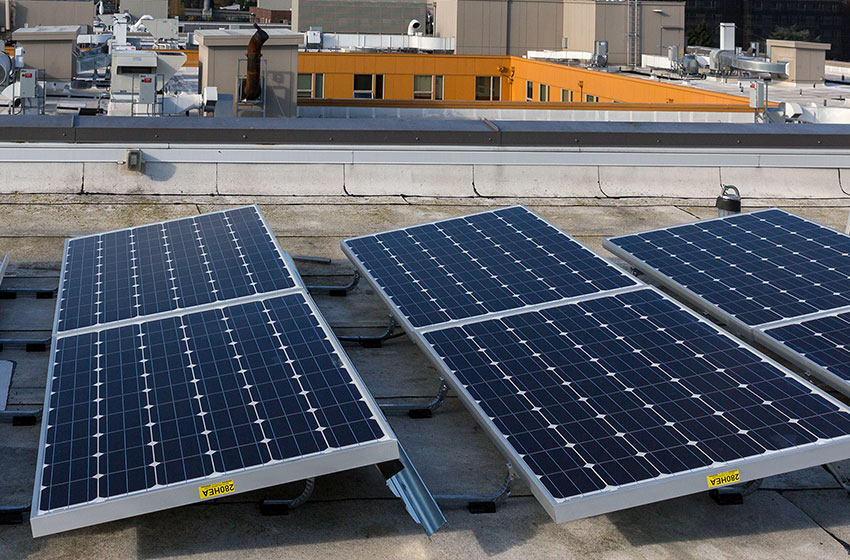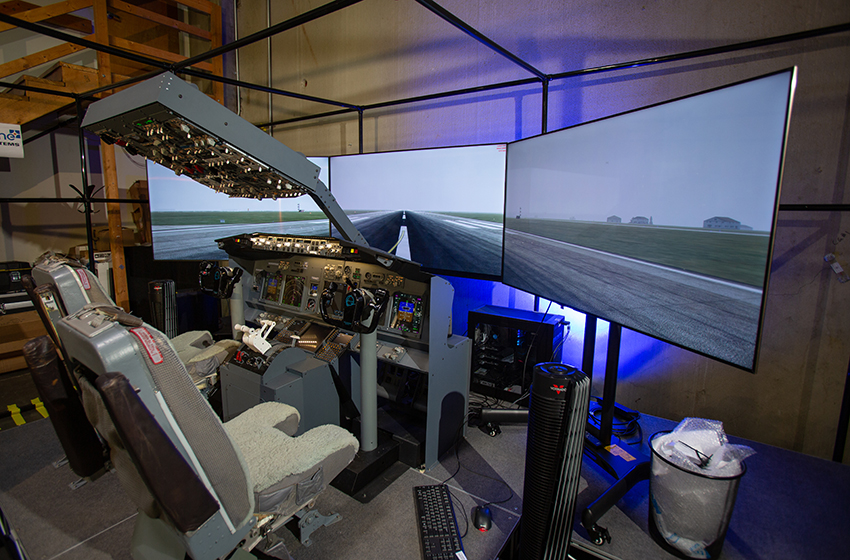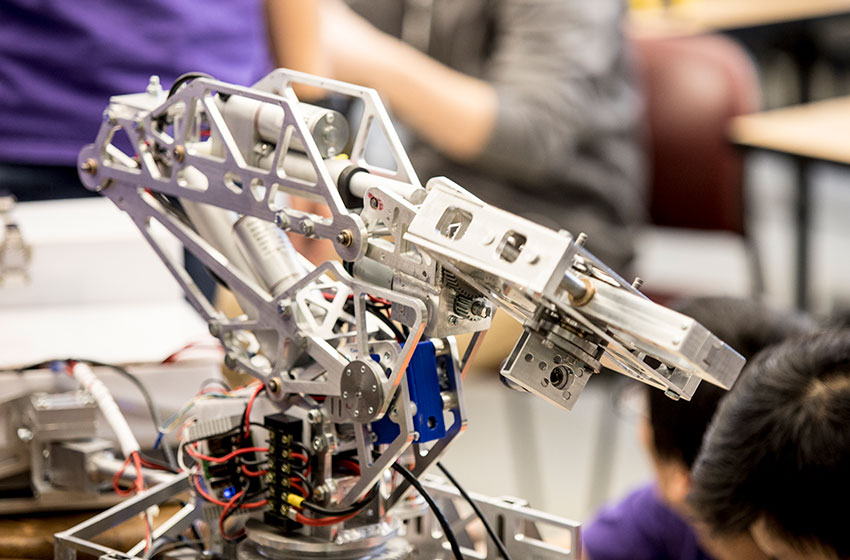Want to be on the front line of design innovations that provide access to clean water? Interested in making a difference in global climate change? Would you like to reduce the world’s consumption of oil, natural gas, and coal? Passionate about creating affordable and accessible options to increase sustainable uses of alternative energy?
Related majors and academic degrees
academics applied learning profile research
Electrical and Computer Engineering
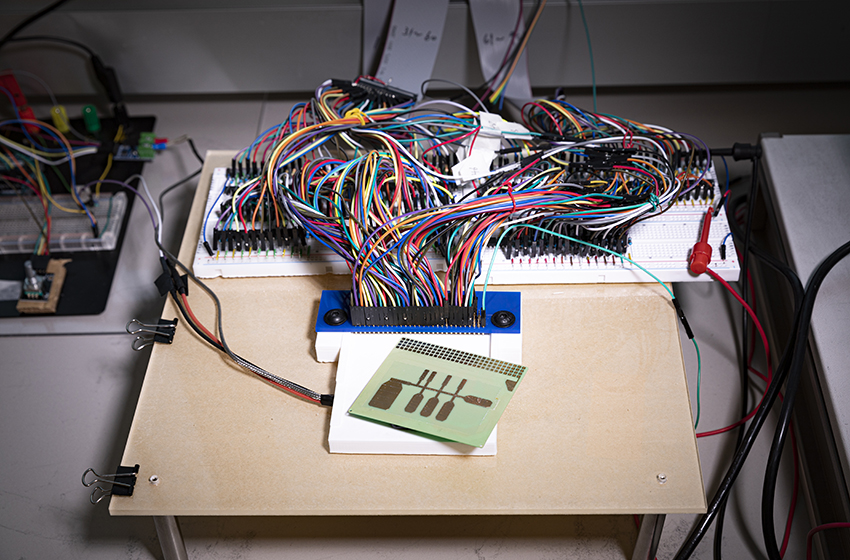 Historically more constrained
Historically more constrainedMaterials Science & Engineering
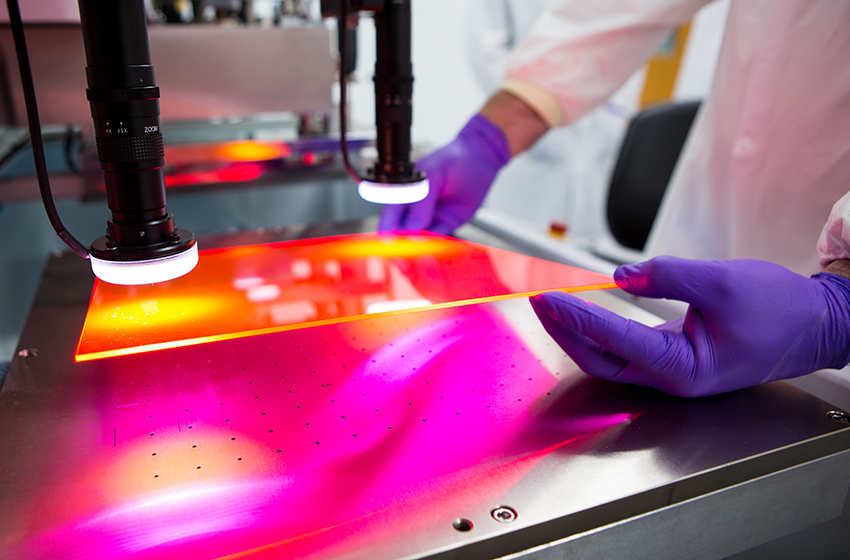
Keep exploring
Choose meaningful general education courses
You can fulfill your general education requirements while building the context and creativity you'll need to engineer solutions to meaningful problems. Keep in mind that in your first year, you may want to start out in 100 or 200 level classes and build towards upper-division coursework throughout your time at the UW.
For example:
- CEP 200: Introduction to Community and Environment (SSc)
- ENV H 220: Global Environmental Change and Public Health (SSc)
- GEOG 272: Geographies of Environmental Justice (SSc and DIV)
- ENGL 265: Introduction to Environmental Humanities (SSc/A&H, and DIV)
- ENVIR 239: Sustainability: Personal Choices, Broad Impacts (SSc)
- GEOG 123: Introduction to Globalization (SSc, DIV)
- ENVIR 243: Environmental Ethics (A&H/SSc)
- PHYS 217: Energy Future: The Technical and Social Barriers to Large-Scale Sustainable Energy (SSc) (No Credit if Chem E 341 is taken)
- JSIS B 357: The Geopolitics of Energy (SSc)
- ATMOS 458: Air Pollution Chemistry (NW)
- ENV H 475: Environmental Justice And Population Health (SSc) (DIV)
- ESS 105: Natural Hazards And Disasters (NSc, but seems like it would be a good elective!)
General education requirements
At the UW, you are required to take general education courses. As an engineering student, this can consist of:
- 10 credits of Arts and Humanities (A&H)
- 10 credits of Social Sciences (SSc)
- 4 credits of A&H or SSc
- 5 credits of Diversity (DIV)
Get involved!
Join student organizations working in your area of interest. You’ll make friends who have similar interests while building skills working on your passions!
- American Water Resources Association
- Students in Clean Energy (SCE)
- Global Renewables for Infrastructure Development (GRID)
- EWB - Engineers Without Borders
Study abroad opportunities
Deepen your understanding of the ways in which engineering can impact people around the world by participating in a study abroad program
Many study abroad programs include engineering classes, participation in research or internships. See UW Engineering's Study Abroad page to learn more and start the planning process.
Capstone design projects in environment, sustainability and energy
In your final year, you will participate in a capstone design experience that serves as a culmination of your engineering study. Past capstone projects in environment, sustainability and energy have included:
- Industrial and systems engineering and mechanical engineering students worked with construction company, McKinstry, to analyze facility data drawn from the built environment with the goal of being able to make recommendations to building occupants and operators to positively impact resource consumption.
- Aeronautics and astronautics students worked with the magniX company to deliver a plan to convert their agricultural plane to all-electric, including installation plans for propulsion system and batteries, designs, mounts, brackets, parts lists, and full sets of CADs, drawings, virtual models and simulations.
- Industrial and systems engineering and mechanical engineering students worked with Seattle City Light to layout and design an all-electric renewable energy powered food truck for use on Seattle streets.
See a full list of previous Industry capstone projects and a list of department-based capstone projects.
Join a research team
Every UW Engineering department offers undergraduate research opportunities. To get started:
- Ask questions and learn more at an Office of Undergraduate Research information session.
- Contact an adviser.
- Contact faculty to express interest in joining their labs and learn how to get involved.

